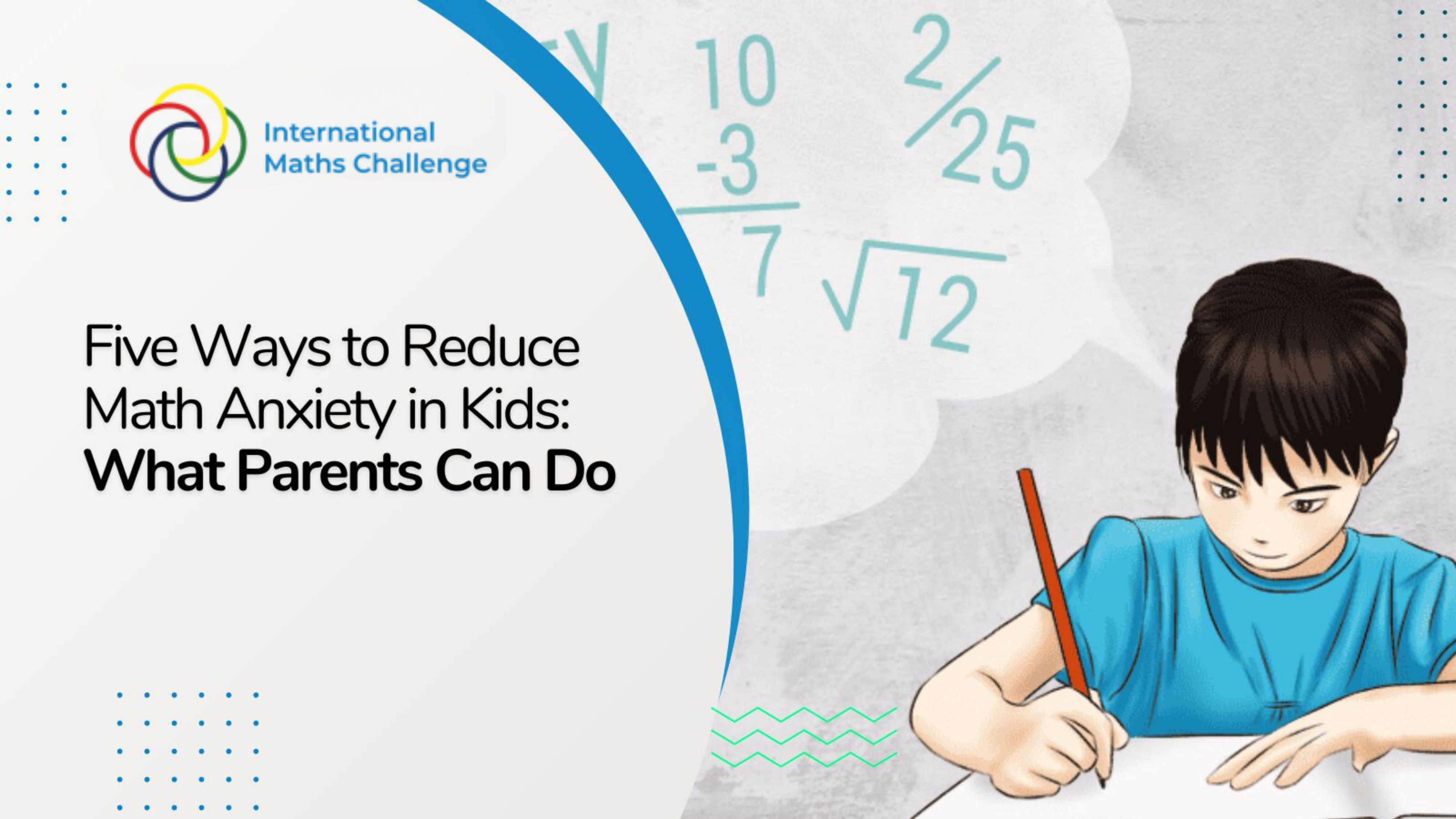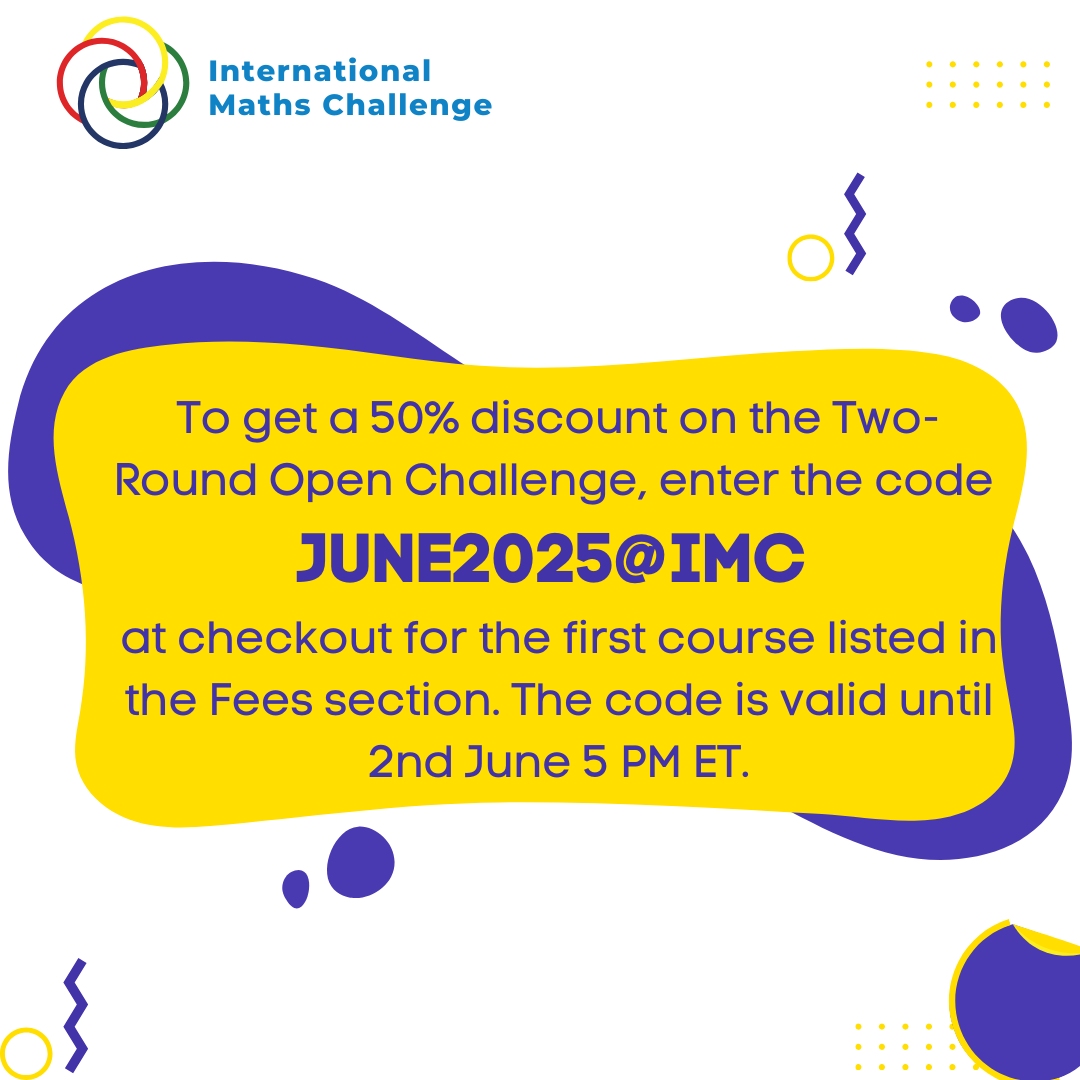Primary school is where it begins. This is when kids normally get introduced to math learning and when math uneasiness takes root repeatedly. Some children find math challenging yet exciting, while some find it extremely strenuous. They might feel distressed about not getting the answers correctly, or not keeping up with their levels of what the trainer or teacher is explaining.
When kids don’t improve math learning skills at an early age, they tend to grow stress levels while doing math questions. This anxiety develops as they proceed through school and, due to the progressive structure of math, they go down further and further at the back. This generally results in hating the subject. Lack of skills and confidence in maths subjects can lead to self-hesitancy and not only below-par performance in math, but in other subjects as well.
Children who are anxious about math are expected to avoid it, which embellish a further barrier to studying math. Instead of being anxious, students should look for IMO sample papers and practice hard to participate in the International Maths Challenge and gain confidence.
Parents can play a key role in guiding to lessen their kids’ stress levels about math and develop their confidence and belief. It begins with encouraging children to learn and practice math and providing support at home. Moreover, by making Math playful and exciting at home, parents can remove negative discussions about math assignments and assure their kids to adopt a positive approach towards solving it, helping them recover their excitement and interest to learn more and grow their skills.
Some effective ways parents can reduce their kid’s math anxiety–
Make math interesting at home by arranging math games and quizzes and engaging your child in math-related works around the house.
Be up to date on your connection and viewpoint toward math. Did you know that math anxiety can be infectious? The study has shown that parents can transfer their burden and stress about math to their kids, which can lead to bad performance and marks for your kid at school. Remember that you’re not manifesting negative feelings in front of your kid. Try to develop a positive, cool attitude in front of your child.
Reach out to your kid’s school and meet teachers to discuss how you can help your child’s math learning skills at home. There are many assets out there, including IMO sample papers by International Maths Challenge for kids to help them practice the maths concepts they’re learning at school. Ask the teacher to suggest an excellent productive resource where your kid is at in their learning. A resource that is too tough to understand can create anxiety and more hesitation!
Enhance your math skills before giving attention to your child. Use resources and IMO sample papers and practice doing math questions. Communicate with your child in a comforting, positive way about math and have daily discussions about their recent math challenges and small successes that can take them to greater heights. Help them realize that mistakes are not the end; learning opportunities are limitless.
IMC (International Maths Challenge) offers a curriculum-specific student assessment & practice resource that is created by International Maths Olympiad experts on how your children learn best and efficiently. Don’t get distracted by any usual black-and-white practice books. For more information about the maths practice, visit our website.


